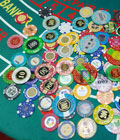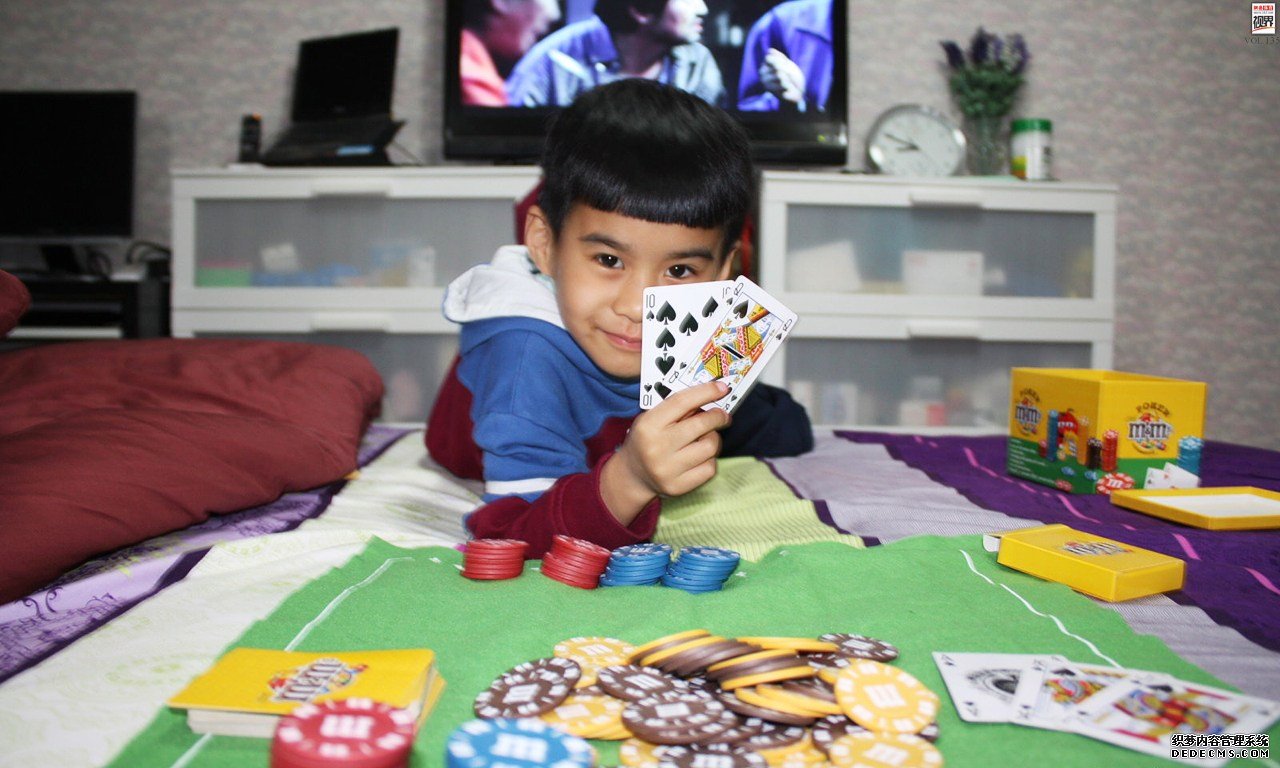适当玩视频游戏可以提高视力
长期以来,视频游戏由于助长暴力而声名狼藉。然而,或许视频游戏也有其积极的一面:可以提高视力。一项新研究显示:在血淋淋的“第一人称射击”类游戏中,玩家必须反应迅速才能杀死他们的虚拟对手,这似乎对于视力的一个主要方面有着持续的积极影响。
2002年,纽约州罗彻斯特大学的认知神经科学专家达芙妮·贝弗利尔发现,玩视频战斗游戏可以提高视觉注意力。这次她将贪玩游戏的人和不玩游戏的人进行了对比,比较了一种被称为“对比敏感度”的视觉指标。对比敏感度可以使人们辨认出暗淡光线中的物体,还可以使人们能够从忙乱的背景中区分物体。
在一项初步研究中,贝弗利尔发现:十大几岁和20多岁的男性玩家比同一年龄段不玩游戏的男性在对比敏感度方面的表现要好得多。为了确定是否视频游戏造成了这种差别,贝弗利尔和同事设计了一个“视频游戏集中训练营”,训练营里的50个成年志愿者在9周的时间里每人玩50个小时的视频游戏。其中一半参与者玩两种“第一人称射击”类战斗游戏——“虚幻竞技场”和“使命召唤2”,在这两种游戏中,玩家必须迅速地侦查出敌人并将其杀掉,才能避免自己遭到杀害;同时另外一半参与者玩一种叫做“模拟人生2”的游戏,该游戏是一种“随意的”模拟游戏,玩时需要大量的观察,并且需要讲究策略,但是可以以缓慢的速度进行。在训练之前和之后,为参与者测试了对比敏感度。
研究小组在本周出版的《自然-神经学》(Nature Neuroscience)杂志上报道:在对比敏感度测试中,那些玩视频战斗游戏的人成绩提高了大约50%,而对照组则根本没有明显的提高。后来,对其中18个受试者的进一步测试显示:即使他们声称并没有改变自己的视频游戏习惯,但是对比敏感度的提高在几个月之后仍未消失。贝弗利尔将这种提高归因于“神经可塑性”——大脑神经本身一种重新连接的能力,这种能力可以使人们在视觉上更为高效地处理视频战斗游戏中那些生死攸关的场面。
“这些研究结果很令人信服,”加州大学伯克利分校视光学院院长丹尼斯·利瓦伊说,“虽说我们还不明白视频战斗游戏是如何提高视觉处理能力的,但该研究非常有前途的一个方面是它可以为病人提供新的治疗方法。”利瓦伊指出:患有弱视的人们,其对比敏感度严重缺失,接受正规的视频战斗游戏训练可以作为其他治疗方案的补充。下一步将要对不涉及枪支和严重伤害的视频打斗游戏进行测试。
译文:
Video games, long maligned for promoting violence, may also have a good side: improving eyesight. Gory "first-person shooter" games, in which players must act quickly to kill their virtual opponents, seem to have lasting effects on a key aspect of vision, a new study shows.
In 2002, Daphne Bavelier, a cognitive neuroscientist at the University of Rochester in New York state, found that playing action video games improved visual attention skills (ScienceNOW, 18 April 2002)。 This time she compared avid gamers with nongamers on a type of visual perception called contrast sensitivity. It allows people to make out objects in dim lighting and to distinguish objects from a busy background.
Male gamers in their late teens and 20s, Bavelier found in a pilot study, performed significantly better than nongamers in the same demographic. To determine whether video games explained this difference, she and colleagues designed a video game boot camp in which 50 adult volunteers each played 50 hours of video games over a 9-week period. Half of the participants played two first-person-shooter action games, Unreal Tournament and Call of Duty 2, in which players must quickly detect and kill enemies to avoid being killed themselves. Meanwhile, the control group played The Sims 2, a "casual" simulation game that requires a great deal of observation and strategy but at a very leisurely pace. The subjects were tested for contrast sensitivity before and after the training.
Those who played the action video games showed a roughly 50% improvement in performance on the contrast-sensitivity test, whereas the control group showed no significant improvement, the team reports this week in Nature Neuroscience. Later testing of 18 of the subjects showed that the improvement had not disappeared after several months--even though these subjects said they had not changed their video game habits. Bavelier chalks up the change to "neural plasticity"--the ability of our brains to rewire themselves to more efficiently visually process the life-or-death scenes in action video games.
"The results are convincing," says Dennis Levi, dean of the School of Optometry at the University of California, Berkeley. "While we don't yet understand how playing action video games enhances visual processing, the very promising aspect of this is that it may provide a new method for treating patients." People with amblyopia--or "lazy eye"--suffer a severe loss of contrast sensitivity, and a regimen of action video games could complement other treatments, Levi says. The next step will be to test action video games that do not involve guns and mayhem.
- 上一篇:青少年过度沉溺电子游戏有何影响?
- 下一篇:“社交游戏”和“游戏化”之间的差别
相关推荐
随机专题



 您现在的位置:
您现在的位置: 
 百家乐下注的管理方式!
百家乐下注的管理方式! 她是个数学天才 靠着玩斗地主赚大钱
她是个数学天才 靠着玩斗地主赚大钱 玩麻将游戏可以赚钱
玩麻将游戏可以赚钱 在线牛牛棋牌游戏的胆略和智慧介绍
在线牛牛棋牌游戏的胆略和智慧介绍


